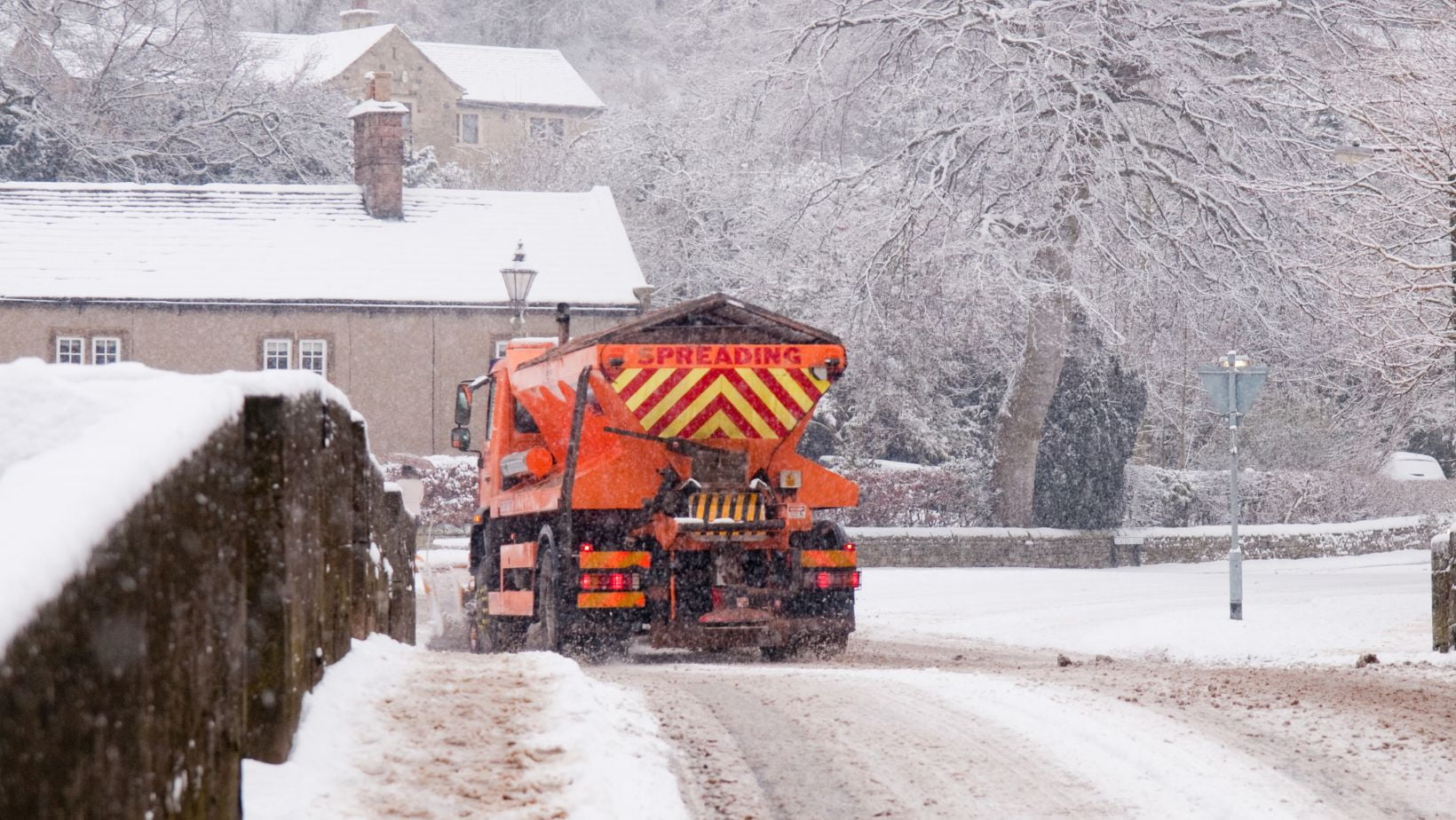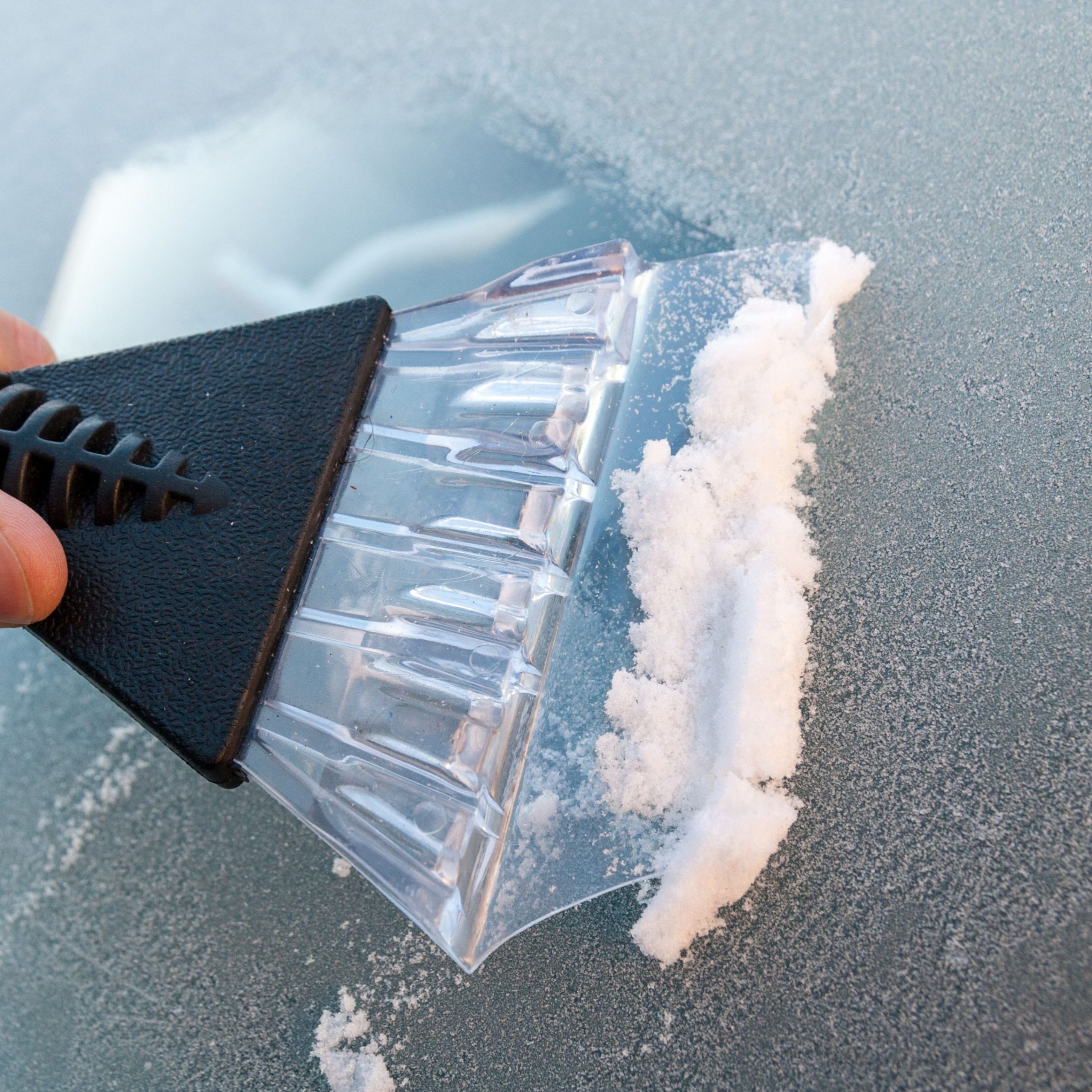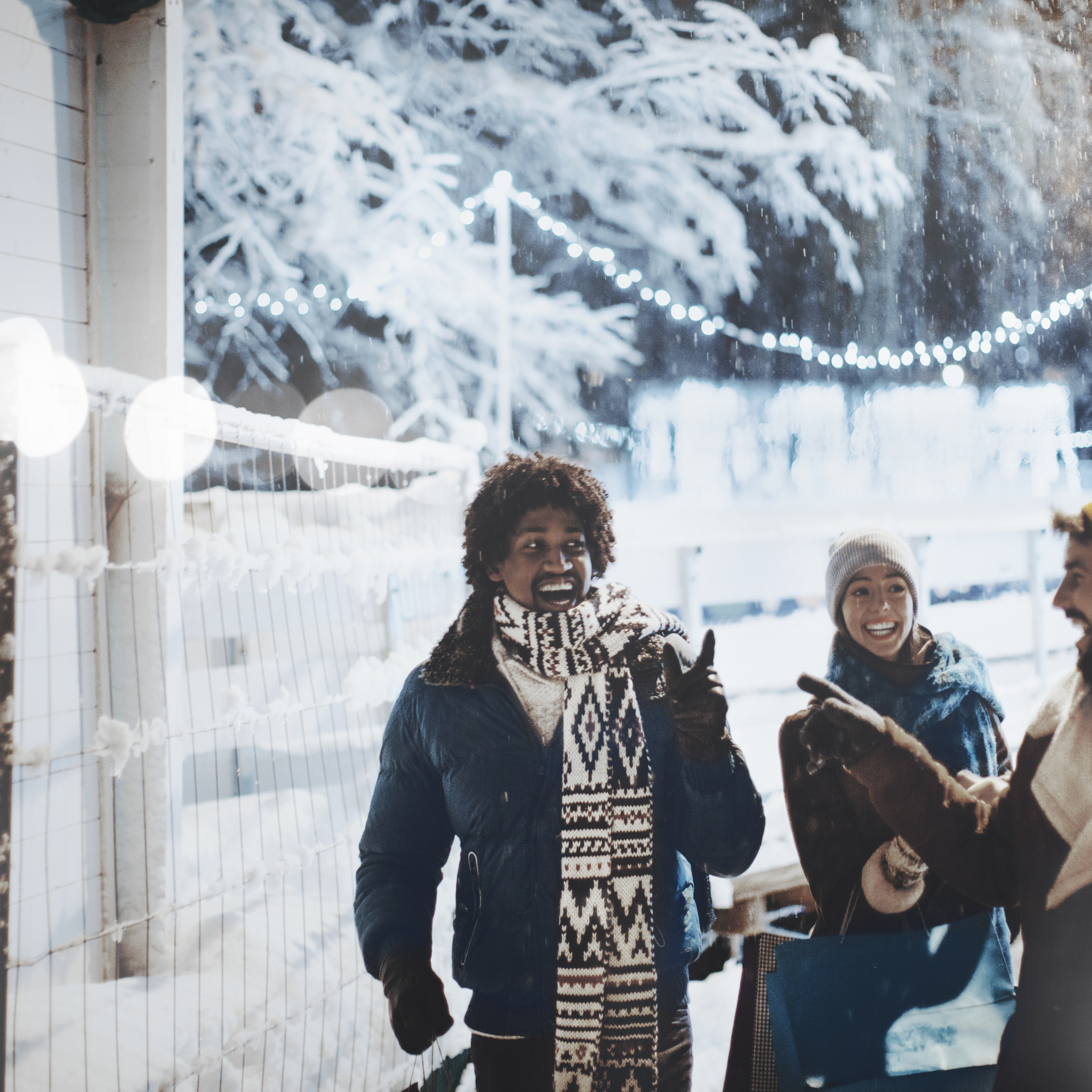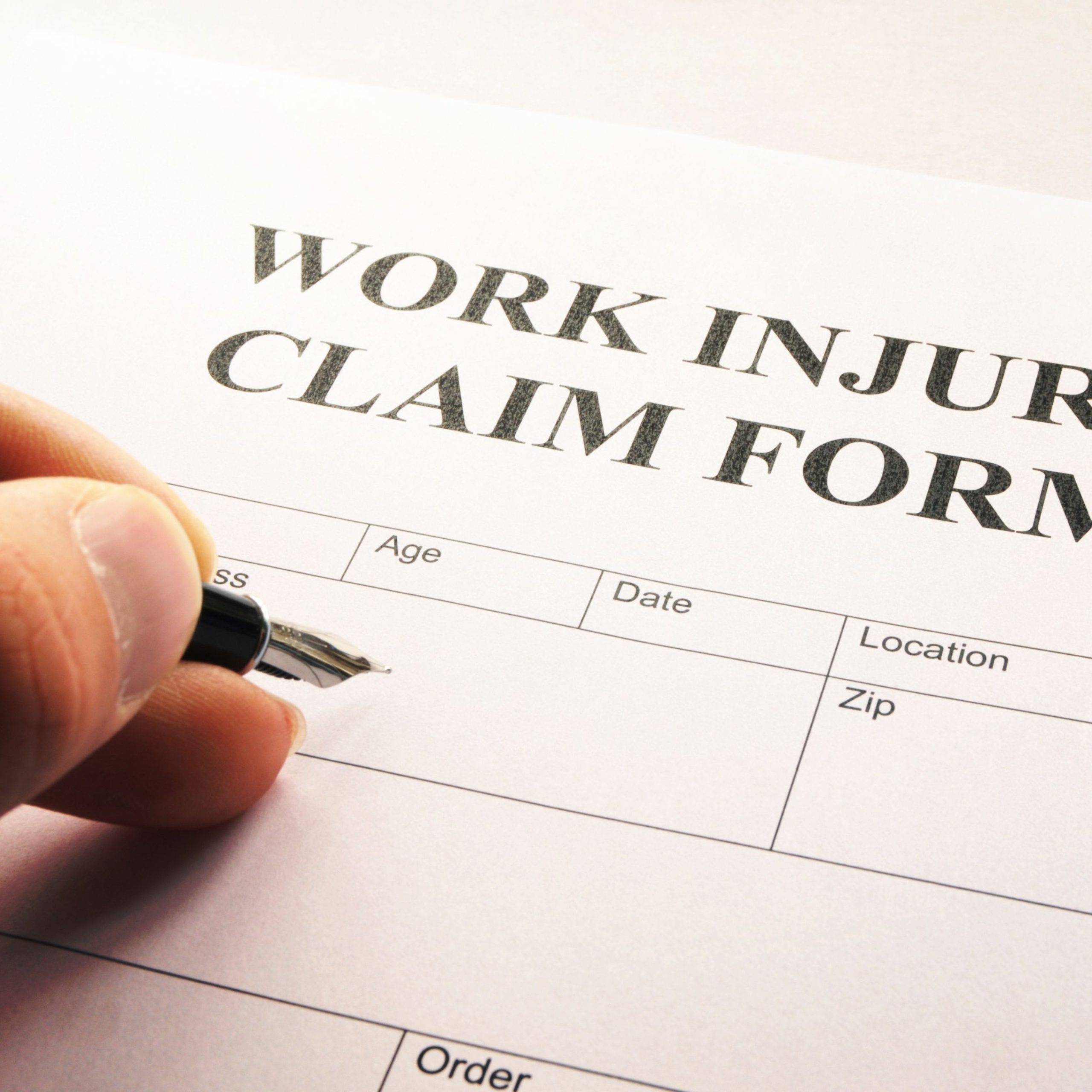Is there such a thing as over- salting when gritting?
Yes, over-salting when gritting can be a problem. While salt is an effective way to melt ice and snow, using too much salt can harm the environment and even damage infrastructure. Excessive salt can wash into streams, rivers, and lakes all potentially leading to water pollution.
It can also corrode metal and concrete, leading to costly repairs. In addition, over-salting can harm plants and wildlife that rely on freshwater ecosystems. Therefore, it’s important to use salt responsibly and in moderation when gritting to ensure the safety of pedestrians and drivers while also protecting the environment.
What is the environmental damage of salt and over-salting?
Salt and over-gritting can cause significant damage to the environment. The excessive use of salt on roads and pavements can lead to soil and water contamination, which can harm plants and animals in the area. Additionally, salt can also corrode metal structures, including bridges and cars, leading to costly repairs.
Over gritting, on the other hand, can lead to an excess of small rocks and debris on roads and sidewalks, which can be hazardous to pedestrians and cyclists. The debris can also clog storm drains and waterways, leading to flooding and other environmental issues.
To minimise the environmental damage of salt and gritting, it is important to use these materials in moderation and to explore alternative de-icing methods. For example, some cities are experimenting with using brine, a saltwater solution, as a de-icing agent. Additionally, using sand or other abrasive materials can be effective in providing traction on slippery surfaces without causing environmental harm.
Can salt through gritting damage metal and concrete?
The short answer is yes, salt can damage metal and concrete through gritting. When salt is applied to roads and sidewalks during winter, it lowers the freezing point of water and helps to melt ice and snow. However, when the ice and snow melt, the salty water can seep into cracks and pores in metal and concrete surfaces. As the water freezes and expands, it can cause the surface to crack and deteriorate over time. In addition, the salt itself can cause corrosion on metal surfaces if left for extended periods of time. It is important to use salt in moderation and properly maintain surfaces to prevent damage.
What is the financial cost to business of over-salting?
The financial cost of gritting incorrectly at a business premises can be significant. Failing to properly grit walkways and parking areas can lead to slips and falls, which in turn can result in costly insurance claims and potential legal fees.
Additionally, if employees or customers are injured due to inadequate gritting, the business may suffer from decreased productivity and damage to its reputation. It is important for businesses to prioritise proper gritting procedures to ensure the safety of those on their premises and to avoid these potential financial consequences.
Why consulting the experts for gritting is best for your business
Winter weather can pose significant challenges for businesses, especially when it comes to keeping their premises safe and accessible. Slippery surfaces caused by snow and ice can lead to accidents, injuries and even legal liability. That’s why many businesses turn to gritting as a solution. However not all gritting services are created equal, and it’s important to consult with experts to ensure that your business is getting the best possible service.
Consulting with gritting experts can help you determine the best course of action for your specific needs. They can advise you on the most effective gritting methods, the best times to grit, and the appropriate amounts of grit to use. They can also provide valuable guidance on how to manage the risks associated with winter weather and keep your premises safe for your employees and customers.
Another advantage of consulting with gritting experts is that they can provide a reliable, consistent service. They have the equipment, expertise, and experience to ensure that your premises are gritted on schedule, every time. This can give you peace of mind and help you avoid the costs and disruptions associated with accidents and closures.
Overall, consulting with gritting experts can be a smart investment for your business. It can help you avoid accidents and legal liability, keep your premises accessible, and provide a reliable service that you can count on. So don’t wait until winter arrives to start thinking about gritting – consult with the experts now and be prepared for whatever the weather brings.






